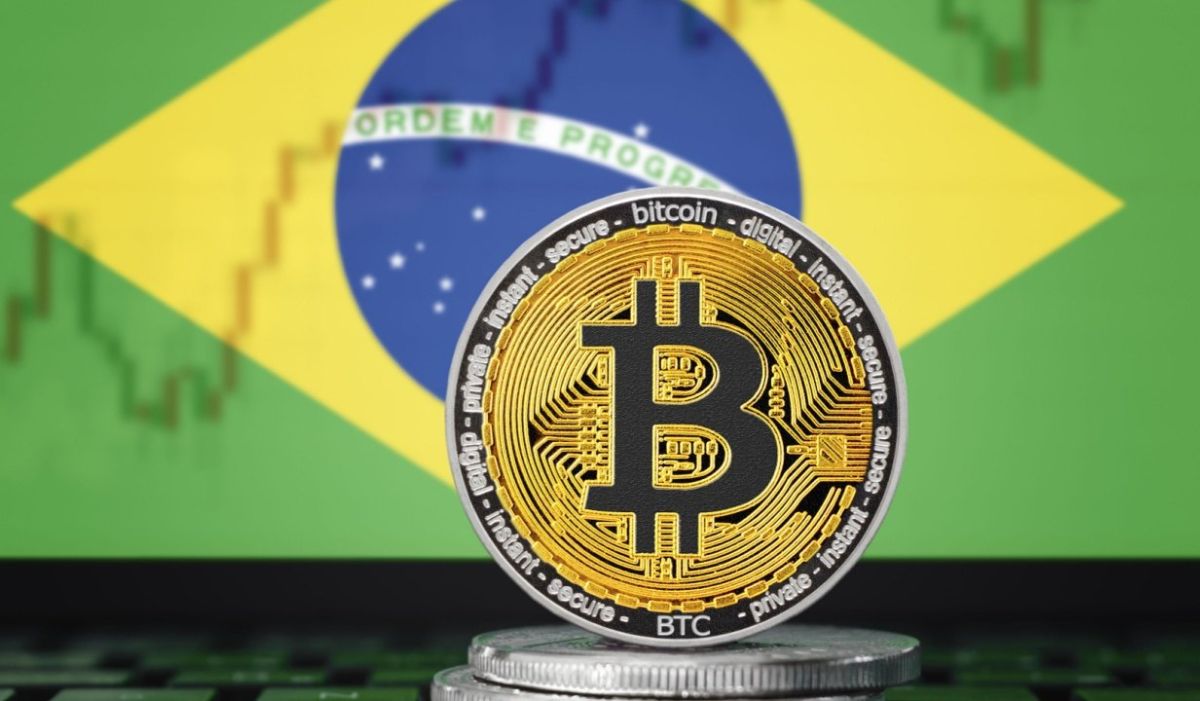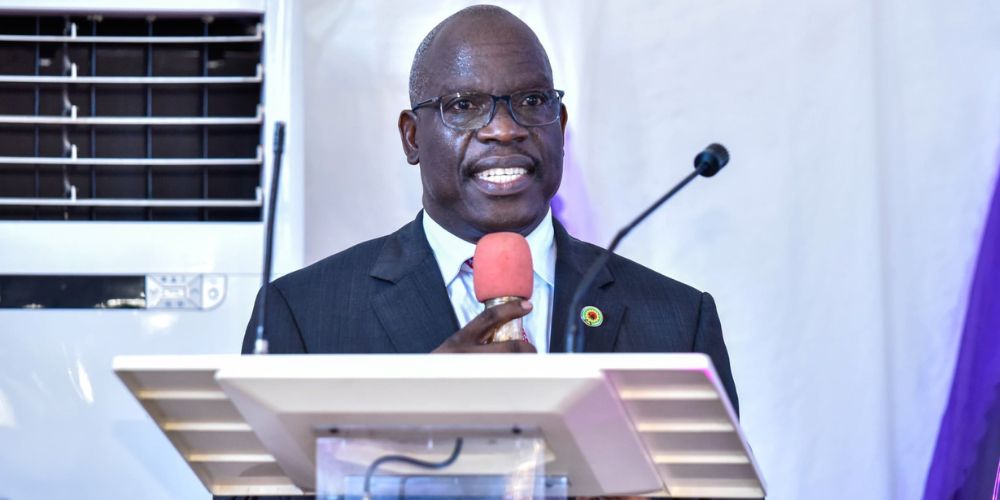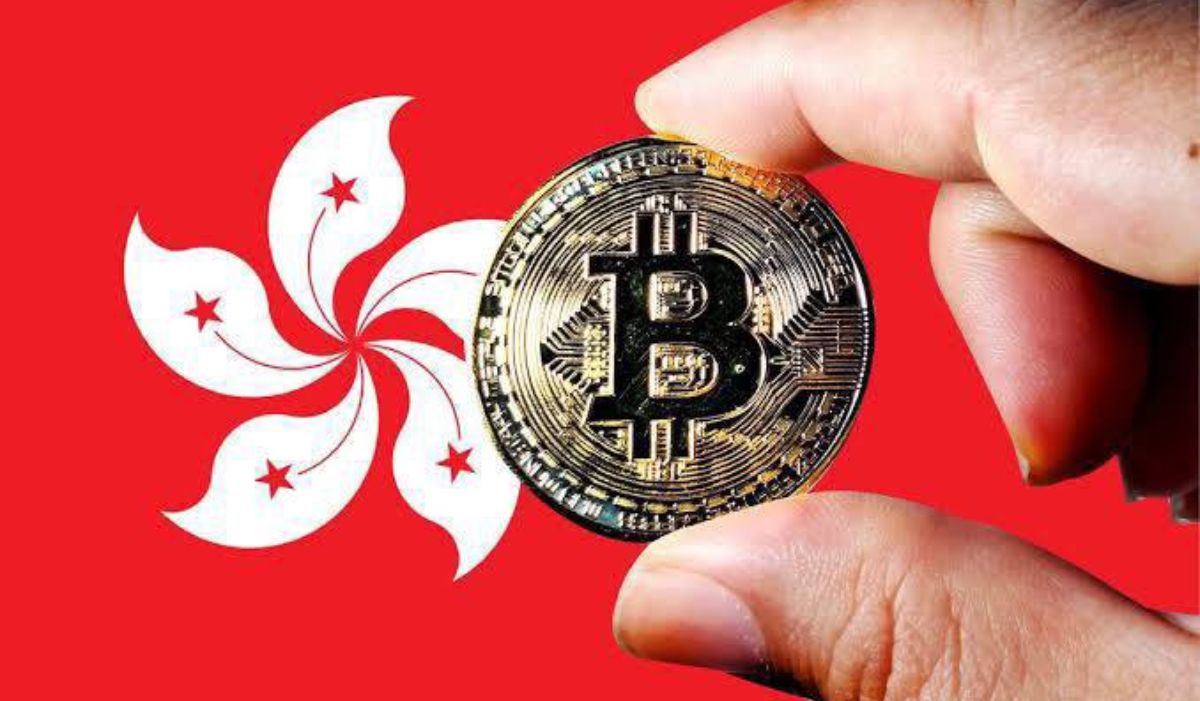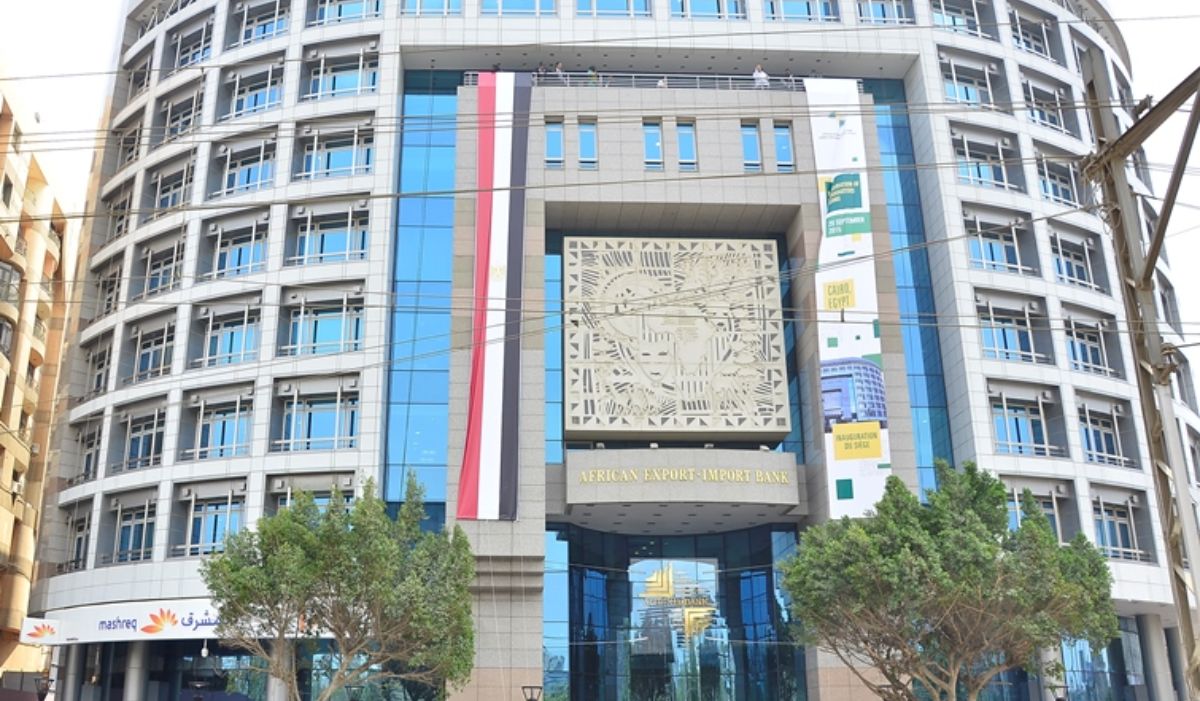Brazil to Allocate 5% of National Reserves to Bitcoin

Brazil is edging closer to making history as Bill PL 4501/2024—a proposal that would allow up to 5% of the country’s $370 billion in international reserves to be held in Bitcoin—gains momentum in the Chamber of Deputies.
If passed, Brazil would become the first G20 nation to formally integrate Bitcoin into its sovereign reserve strategy, potentially reshaping the global conversation around crypto adoption.
The bill introduces the creation of a Strategic Sovereign Bitcoin Reserve (RESBit)—a framework aimed at diversifying Brazil’s reserve assets while reducing exposure to global economic uncertainties.
It marks a shift toward embedding Bitcoin into national policy, reflecting growing confidence in crypto as a hedge against inflation and U.S. dollar dominance.
Unlike El Salvador’s executive-led approach to Bitcoin adoption, Brazil’s plan is being shaped through a legislative route, involving both the Central Bank and the Ministry of Finance. This institutional coordination signals a long-term vision and a potentially exportable model that other countries might emulate.
Supporters of the bill argue it could help Brazil strengthen financial sovereignty and better navigate macroeconomic volatility.
The proposal is already drawing attention from global crypto watchers and economists, many of whom see it as a sign that the world may be entering what some are calling “Sovereign Bitcoin Phase 2.”
In this phase, Bitcoin is no longer viewed as a speculative bet but as a legitimate asset class for sovereign wealth and strategic reserves. Social media voices have emphasised the significance of the moment, with @pete_rizzo_ calling it “huge,” and others stressing that this is “not El Salvador 2.0” but a scalable, institutional model with broader implications.
As Brazil’s Chamber of Deputies prepares for further deliberation, the financial world is watching closely. Should the bill become law, Bitcoin could join traditional reserve assets like gold and U.S. Treasuries, cementing its role in global finance.




